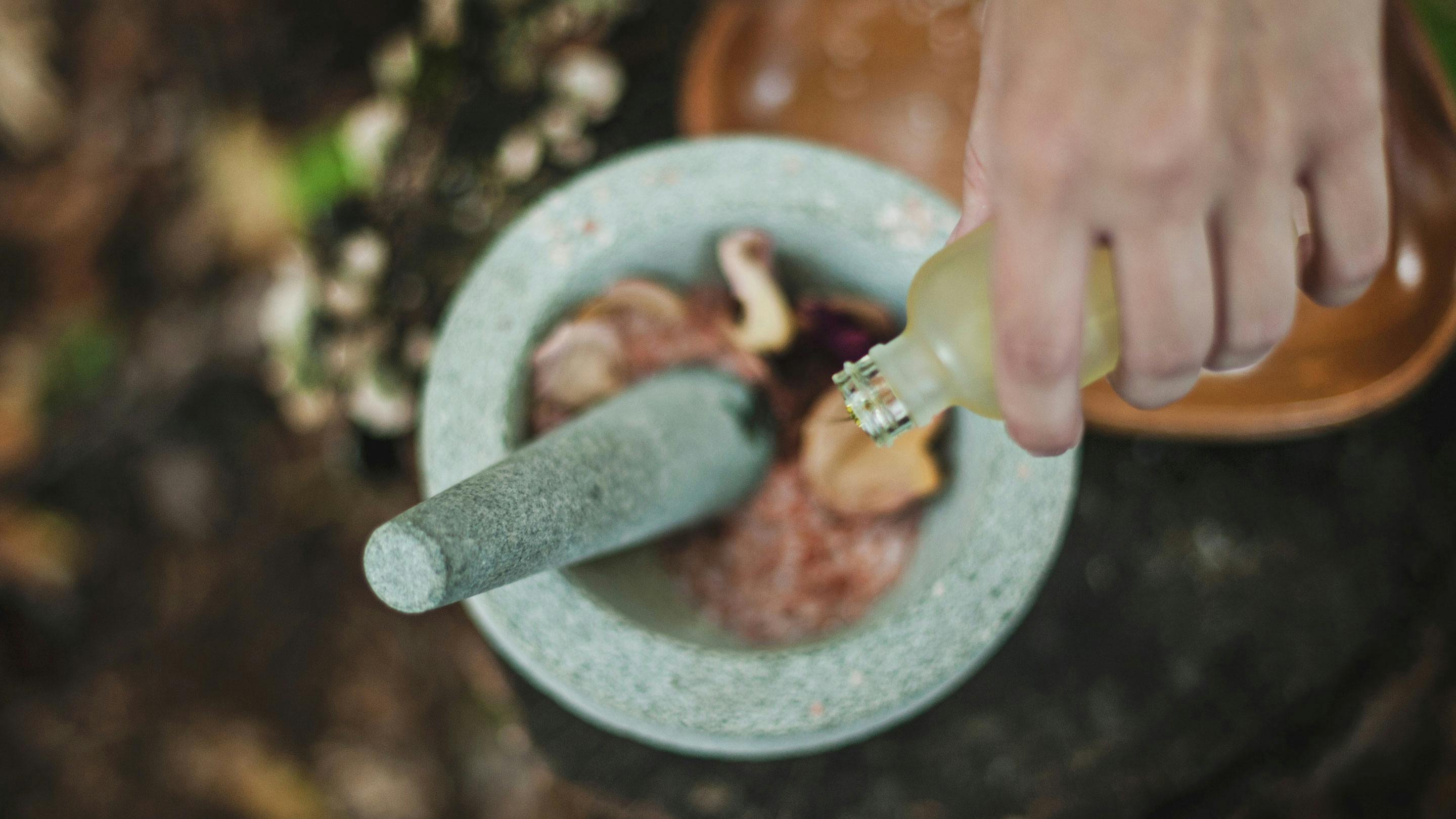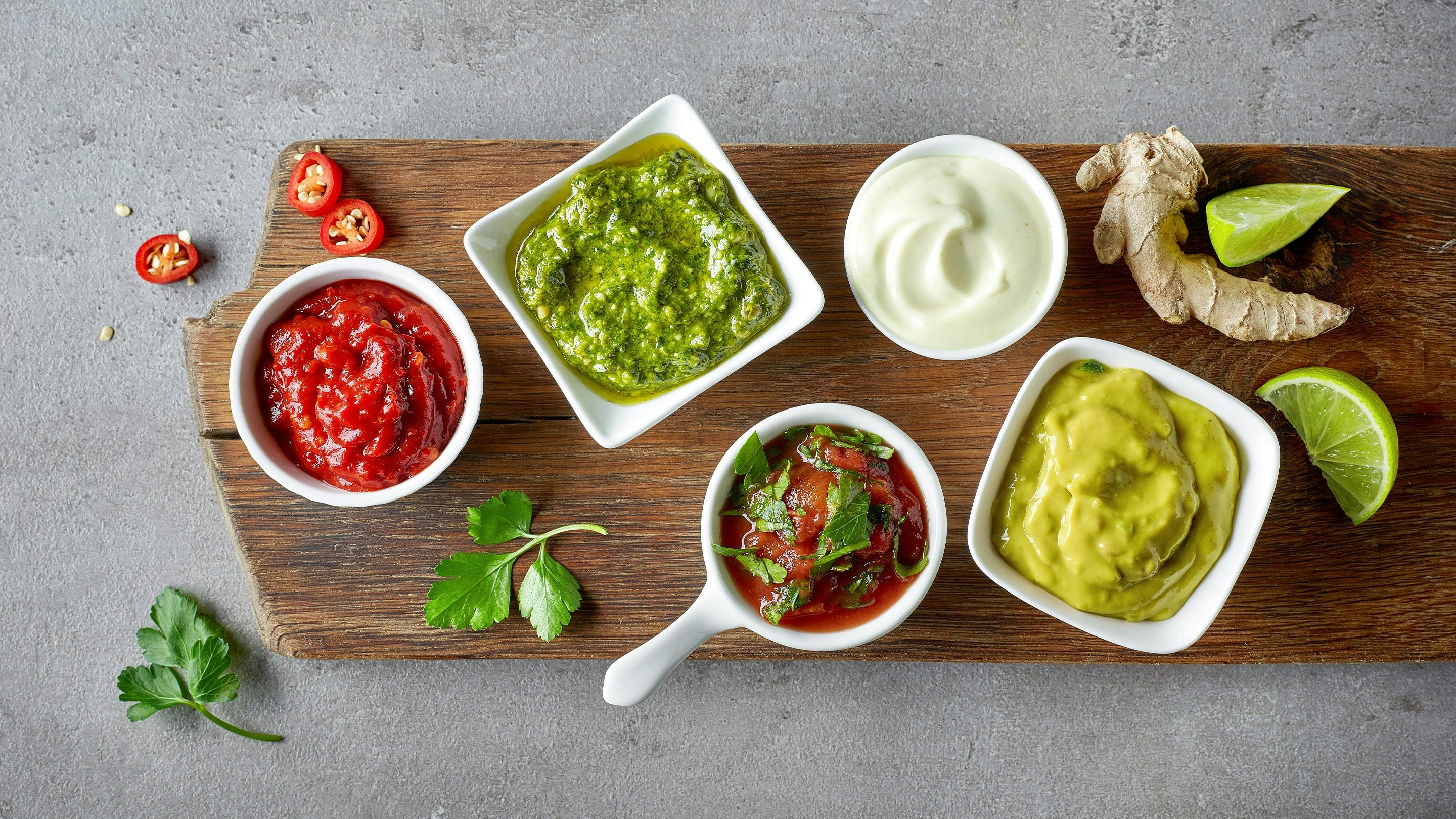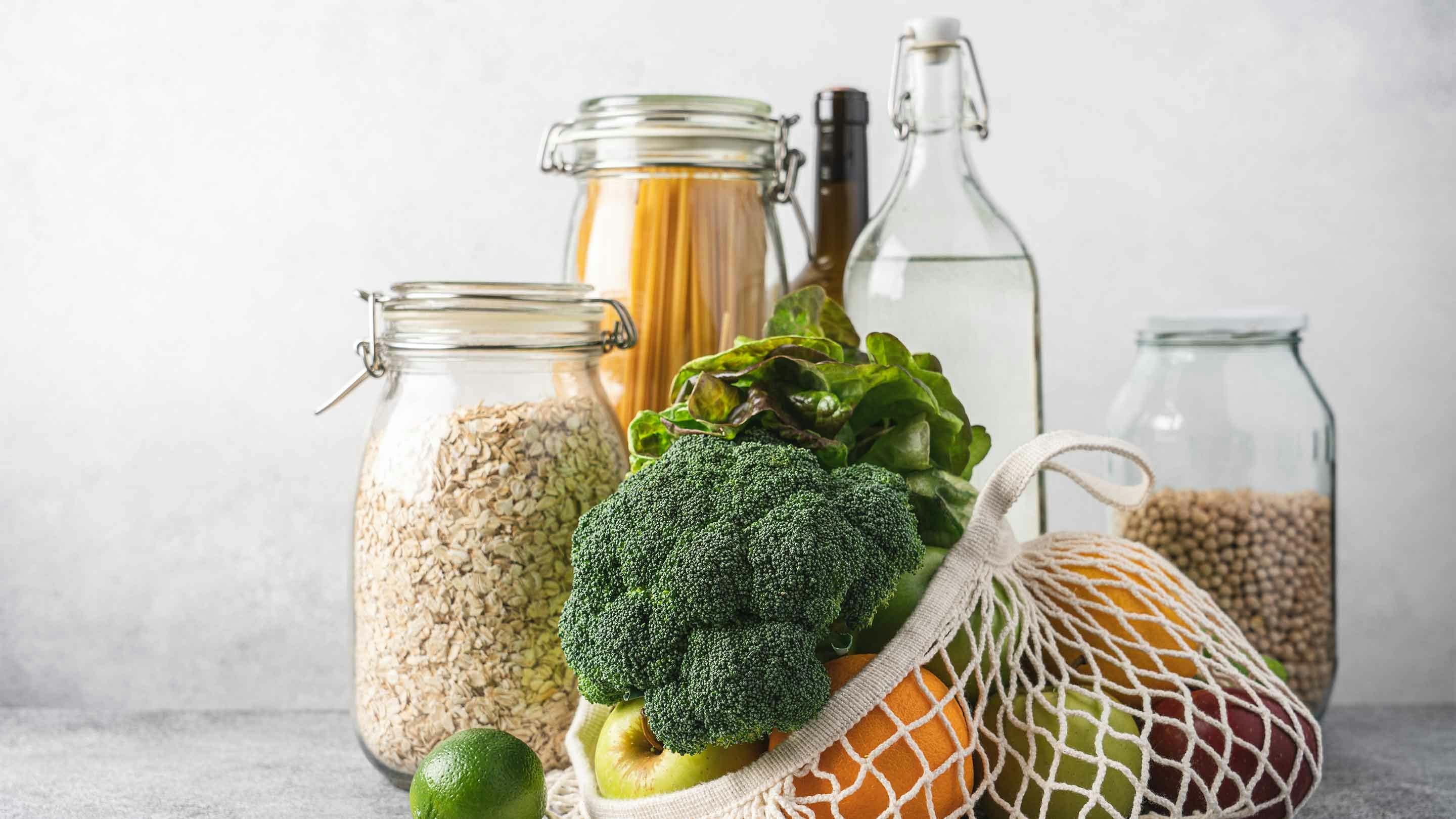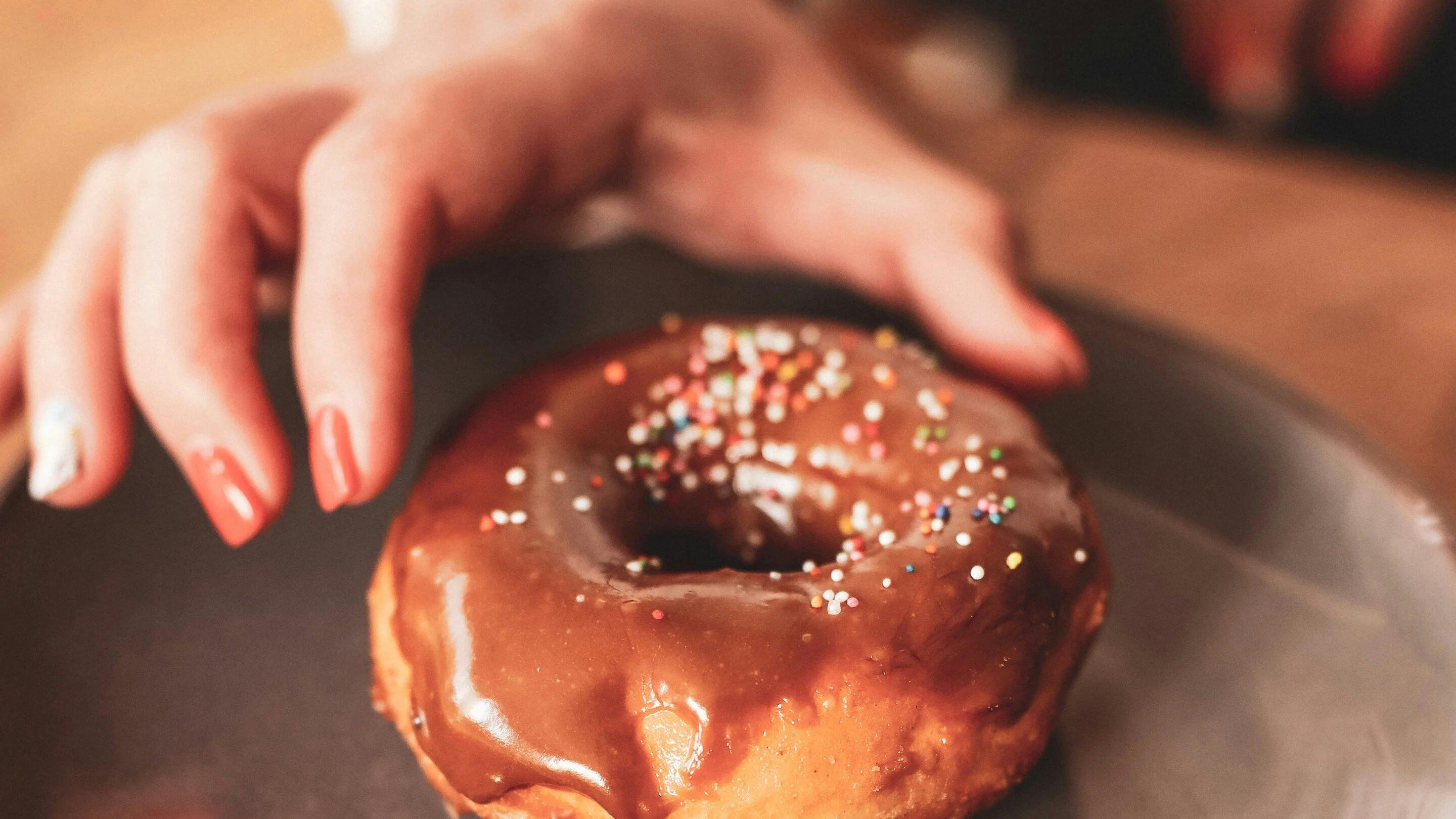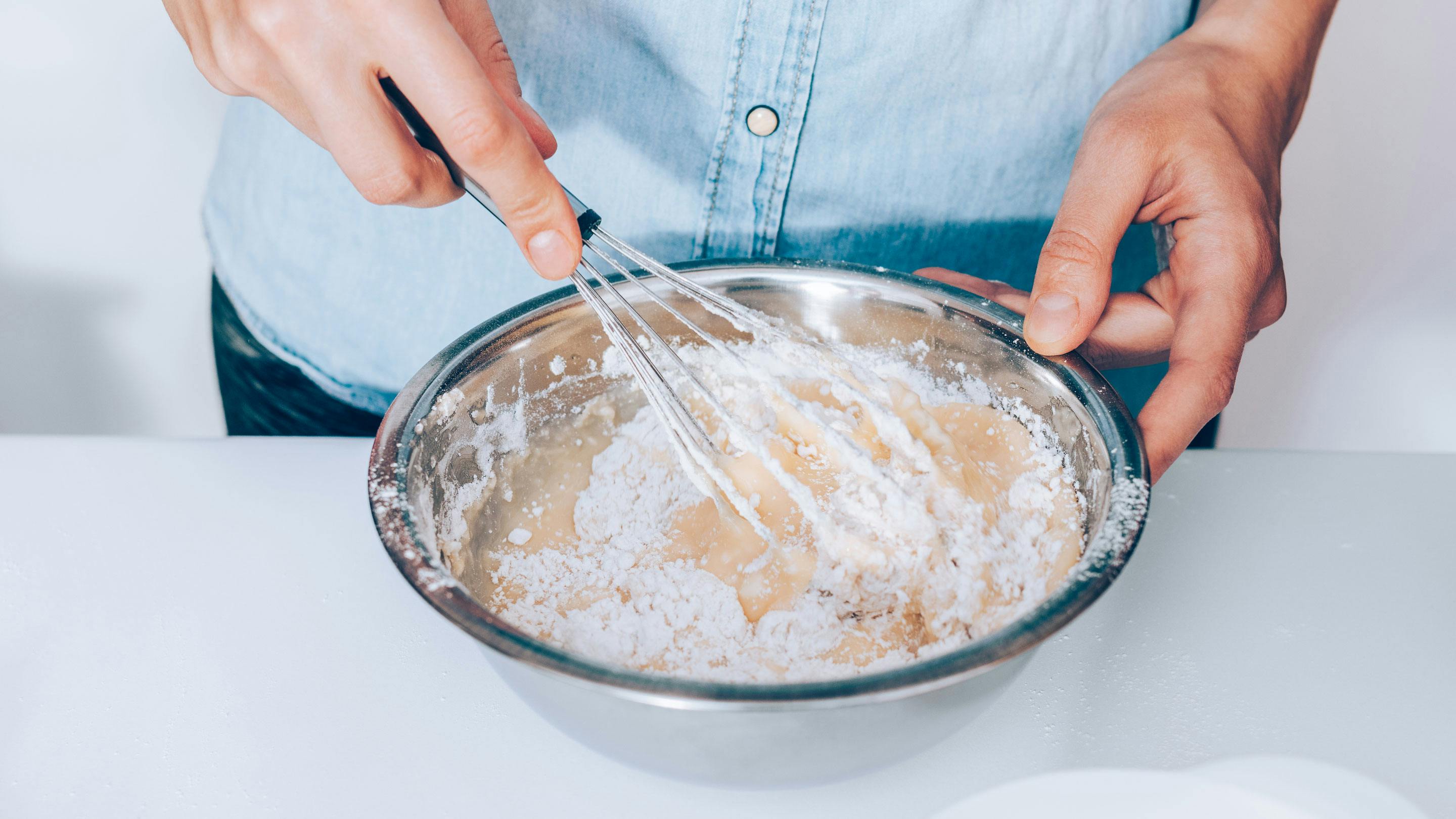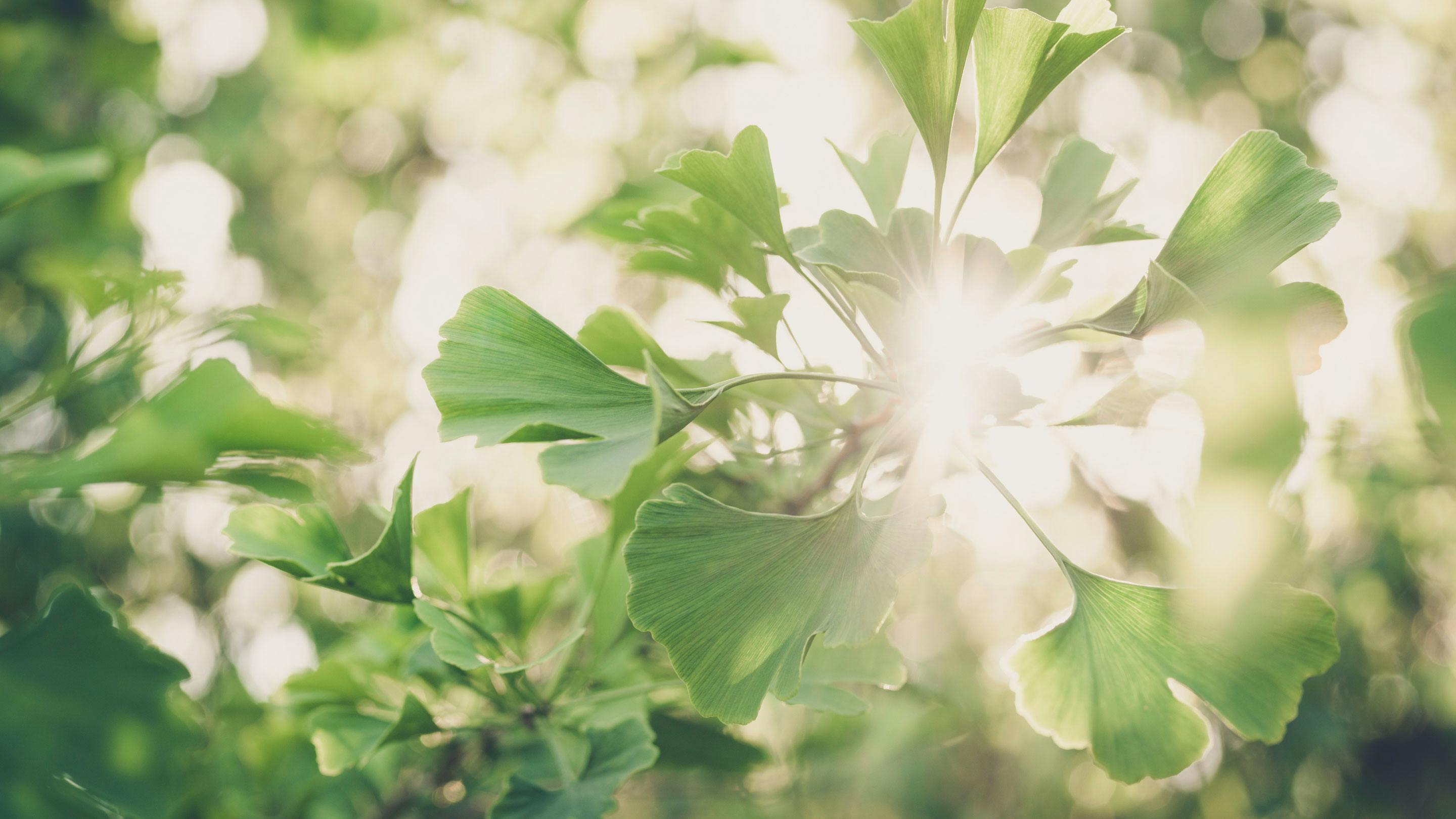Essential oils are as old as the herbs and spices of which they are a part. Would you like to find out more? Then we have some facts for you that you may not have known. Bon appétit!
What are essential oils?
Essential oils are secondary plant constituents – substances that are produced by the plant itself. Essential oils mainly consist of so-called terpenes, which are pretty good at something special: Attract insects and repel pests. But just as interesting for us: essential oils smell aromatic and volatilise easily. They are obtained by cold pressing, steam distillation or dry distillation. Leaves and flowers from natural herbs and spices are used for this.
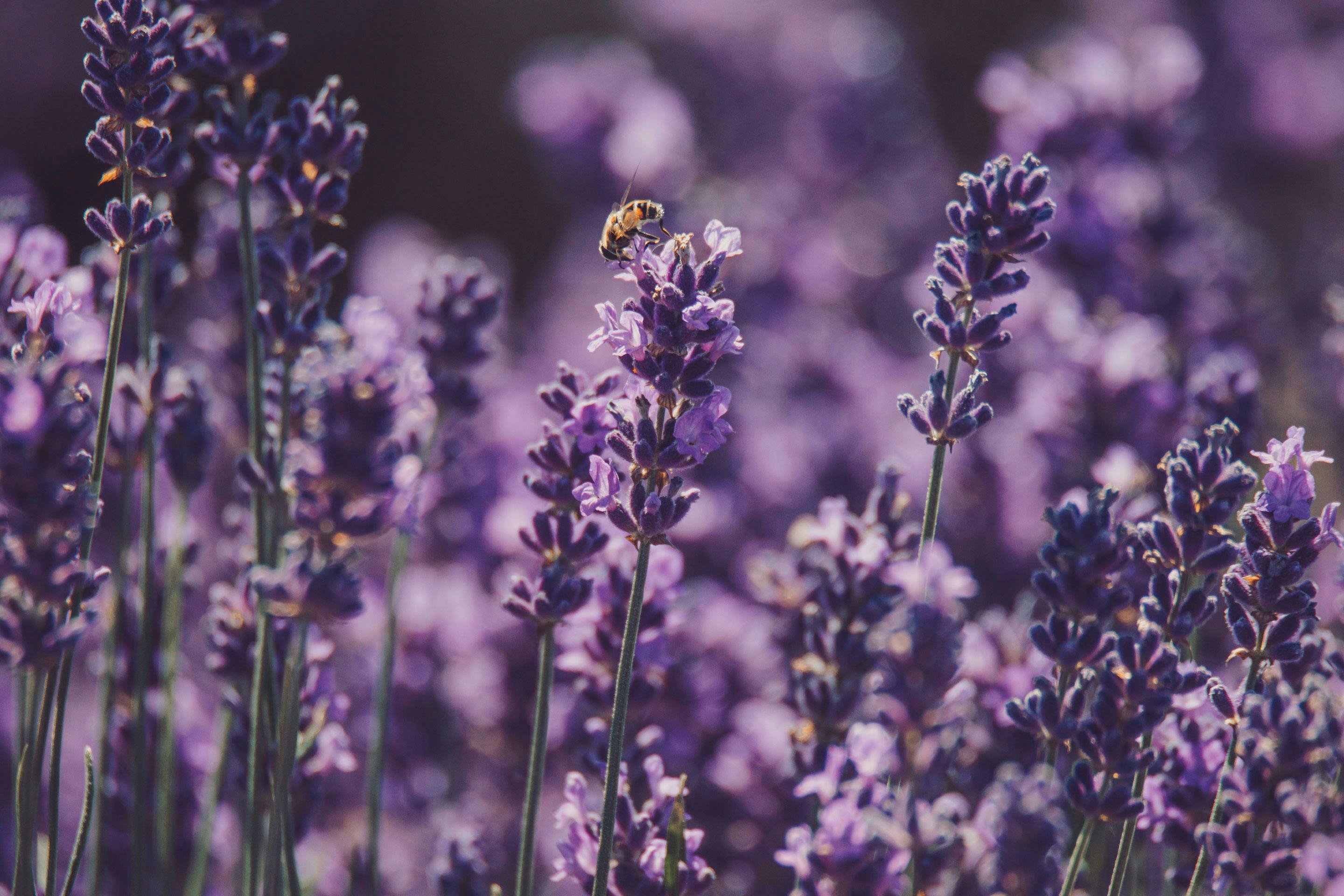
Essential oils and their origin
Humans have been extracting essential oils since prehistoric times. Archaeological finds prove that essential oils were distilled in Persia as early as the 3rd millennium BC to produce scented water. Later, the ancient Greeks and Romans also spoilt their fine luxury noses with such fragrances. From the 12th century onwards, more and more herbs and spices came to Europe. Not only from the neighbouring Mediterranean region, but also from Asia and Africa. Over time, a lively trade in many wonderfully aromatic plants and materials developed – and it is flourishing today more than ever before.
Essential oils as remedies
Essential oils also have an antibacterial, antifungal and antiviral effect. The nuns of the European Middle Ages already knew this. They included Hildegard von Bingen, for example, who developed a comprehensive herbalist’s catalogue of around 250 plants. To this day, some of them are used in naturopathy and modern medicine to alleviate illnesses and ailments.

Essential oils in the kitchen
Since the 19th century at the latest, herbs and spices have been regarded as natural flavour suppliers par excellence. For example, aniseed, caraway and cloves, but also sage, thyme and oregano are very rich in essential oils. Anethole, carvone, thymol, eugenol and limonene are just some of the volatile ingredients. If herbs and spices are carefully processed and stored, their essential oils are almost completely preserved. This allows their aromas to come into their own and give every dish a wonderfully aromatic flavour. Which, by the way, we perceive retronasally – with the help of around 10 million olfactory sensory cells in our throat.
Spice up the web! Share this article on...
Read more
Currently Viewing: 1 of

